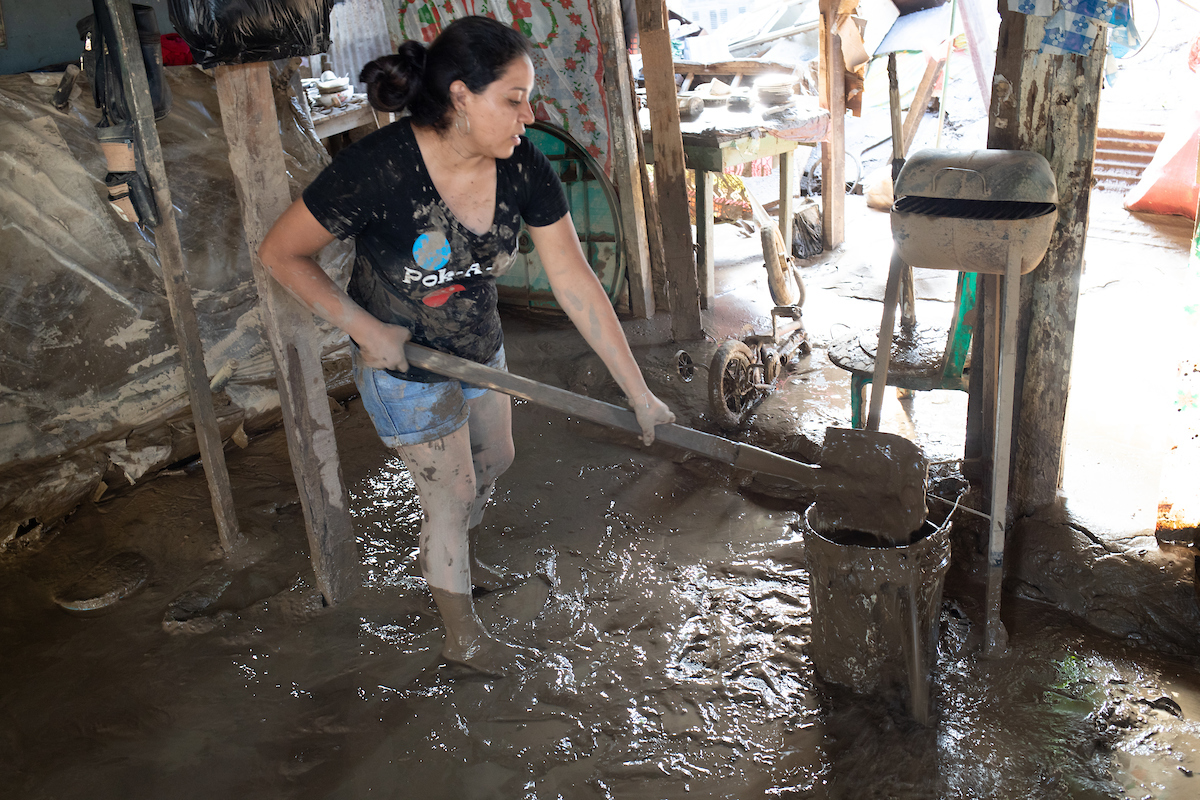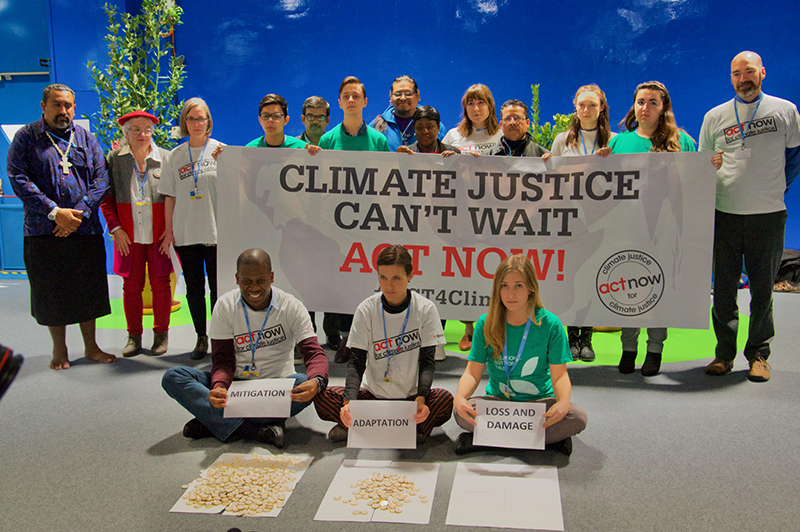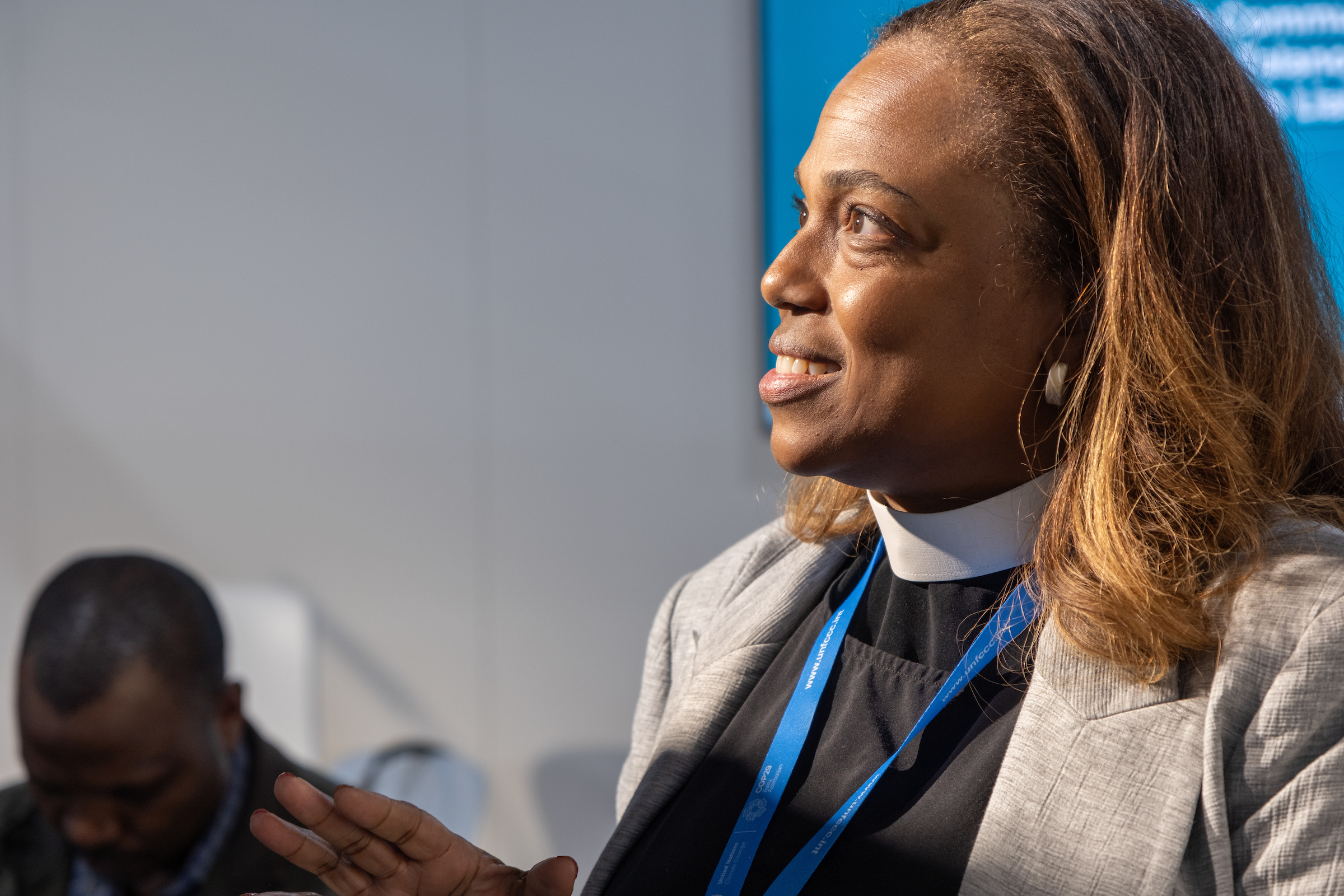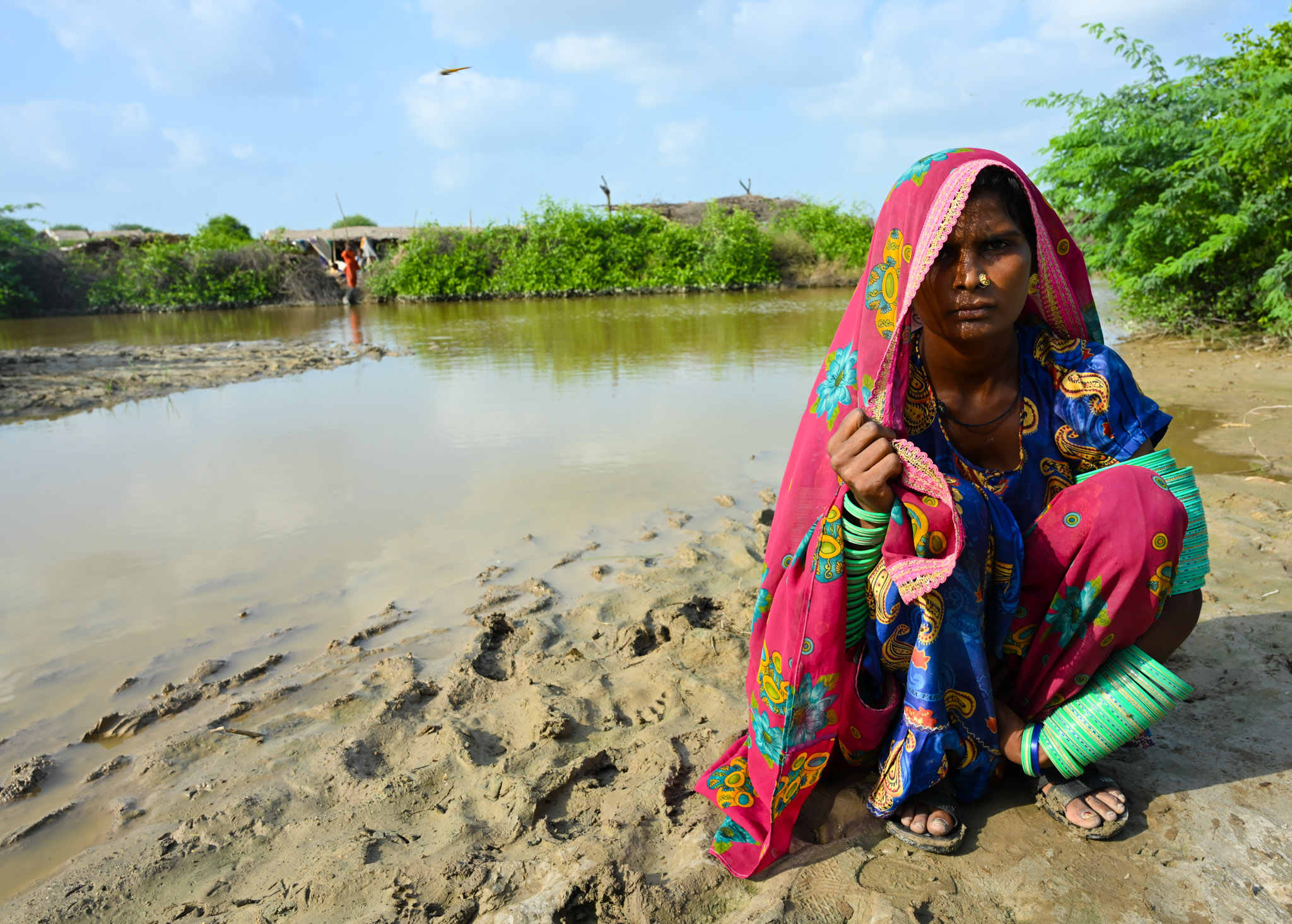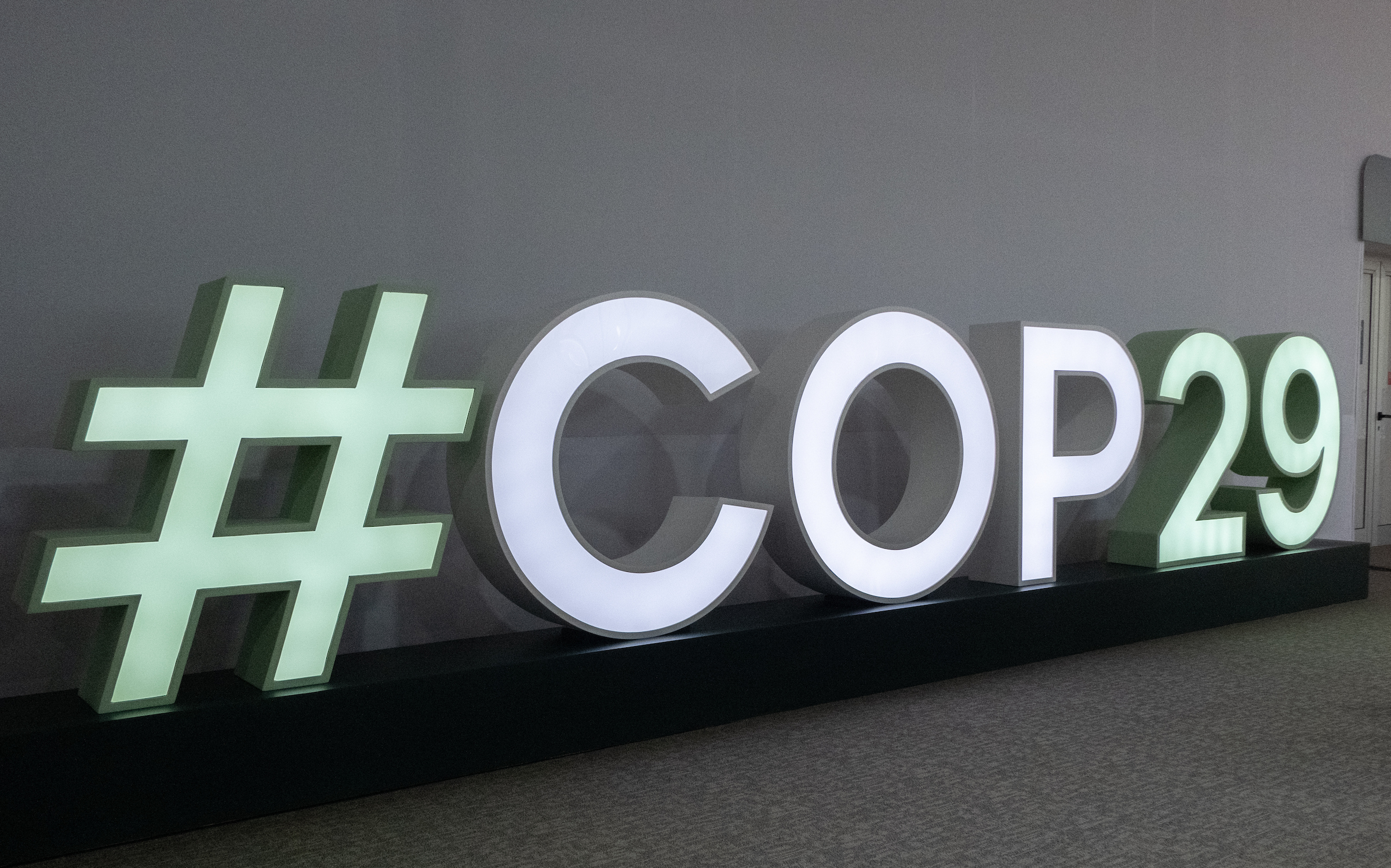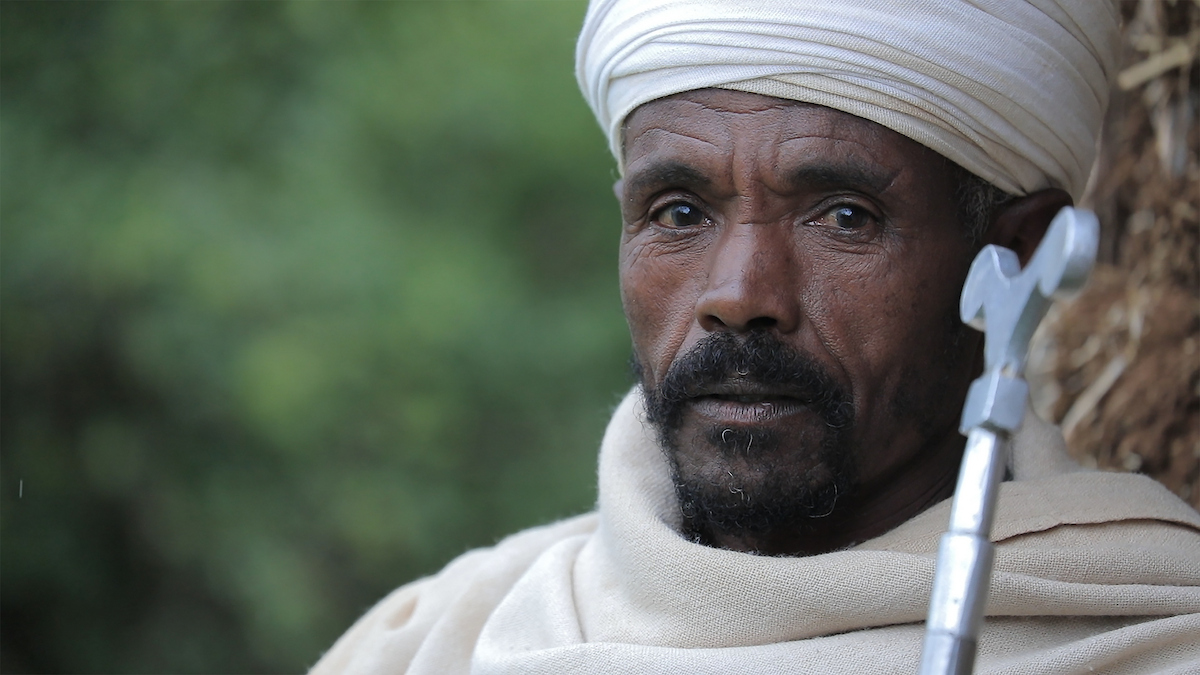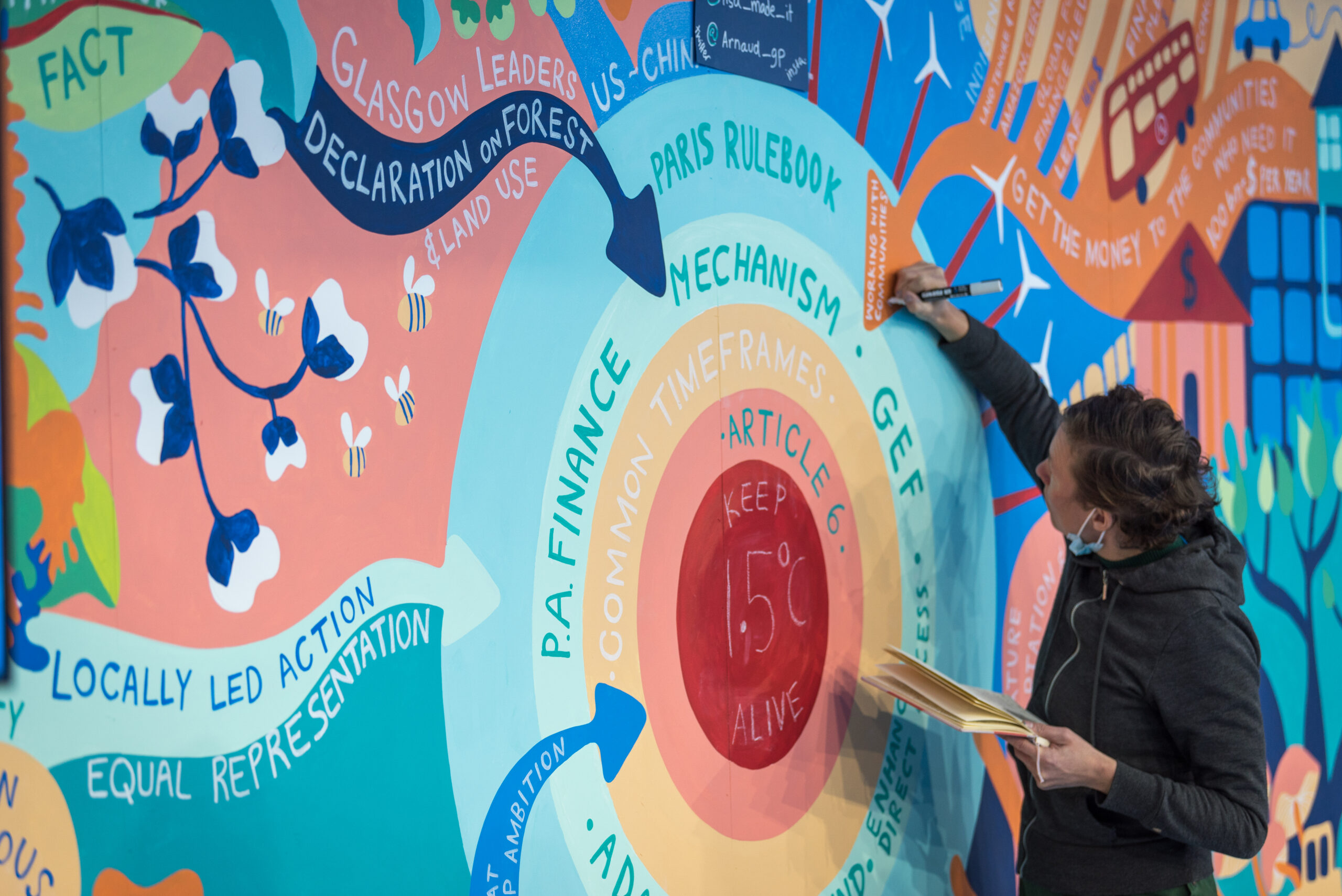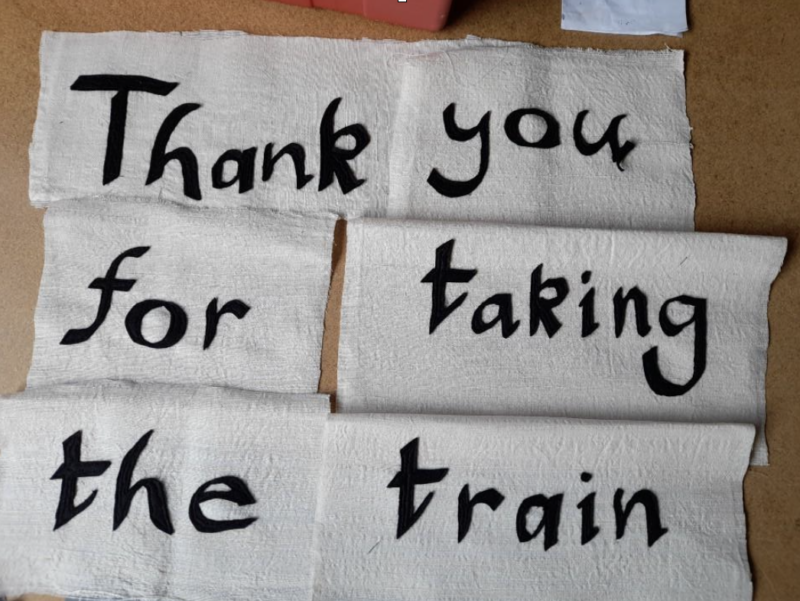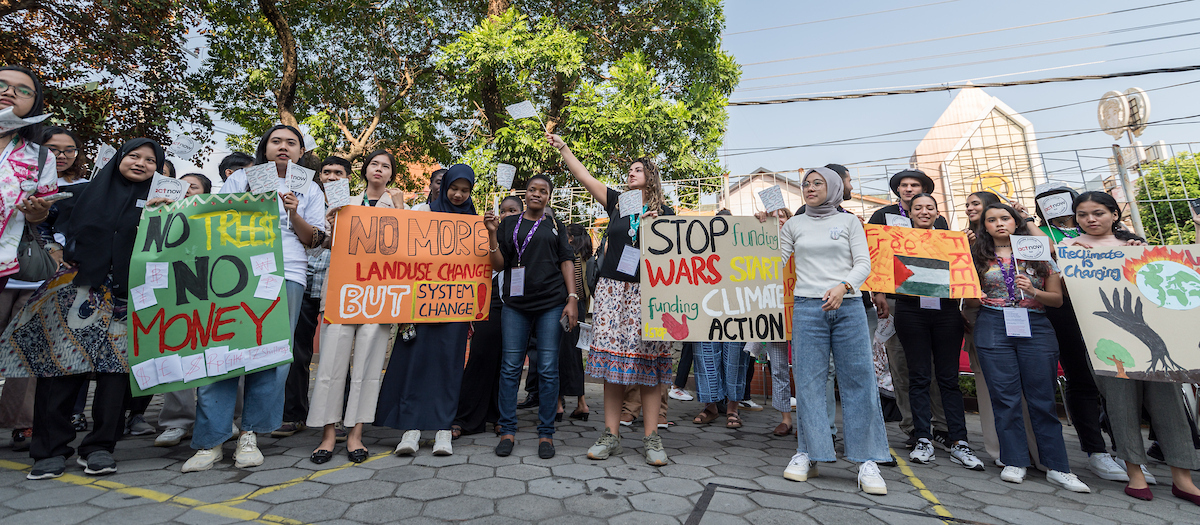By Vincent Ondieki
As the world grapples with the urgent consequences of climate change, Africa stands at the forefront of this global crisis. Despite contributing the least to global warming, the continent is the most vulnerable to climate impacts, especially with temperature increases surpassing 1.5 degrees Celsius. The repercussions are dire, posing systemic risks to economies, public health, agriculture, and overall livelihoods. This jeopardizes years of development progress, threatening to push many communities back into extreme poverty.
In response to these challenges, innovative initiatives like the Locally Led Climate Fund (LLCF), spearheaded by ACT Alliance, are making significant strides. This project aims not just to address climate impacts but to empower communities across Kenya, Zimbabwe, Uganda, and Liberia to take charge of their climate action plans. It consolidates resources and efforts at both community and national levels, aiming for transformative change that can lead to sustainable impact.
In Buhera district, Zimbabwe, the resilience of local farmers showcases the tangible changes communities can achieve. Facing issues such as low agricultural productivity, crop failures, and food insecurity, local farmers are heavily reliant on climate-sensitive livelihoods like agriculture. The LLCF project has equipped these communities with climate-smart agriculture techniques—training that emphasizes water conservation, pest and disease management, and sustainable land use. As a result, two nutritional gardens have been established on communal land, directly benefiting 108 households. Beyond providing nutritional support, these gardens have become sources of income and educational resources, demonstrating the profound impact of localized climate initiatives.
Climate finance needed
However, being proactive requires adequate funding, which is where climate finance comes into play. At the COP29 conference in Baku, Azerbaijan—dubbed the “climate finance COP”—the importance of engaging financial ministers in climate discussions cannot be overstated. These ministers have significant influence over public fund allocations and governance of climate finance institutions. Yet, with multiple competing demands on limited resources, there is a tendency to overlook locally led climate initiatives.
To change the narrative, we must advocate for reforms that prioritize local climate actions and foster synergy between adaptation strategies and developmental goals. The opportunity cost of delaying such initiatives is too high; inaction will lead to heightened suffering for communities situated on the front lines of climate change. It also increases the costs and difficulties of future recoveries.
With COP29 in progress in Baku, we must use this moment to scale up support for locally led climate finance initiatives. This is not just about securing resources; it’s about ensuring a resilient future for everyone. By prioritizing local actions, we can foster an environment of sustainability that uplifts communities while contributing to the global fight against climate change. Let’s seize this opportunity to advocate for a future where local voices and local actions are at the heart of our climate response.
Vincent Ondieki is the ACT Alliance Senior Programme Officer for Climate Justice working from Nairobi, Kenya.

